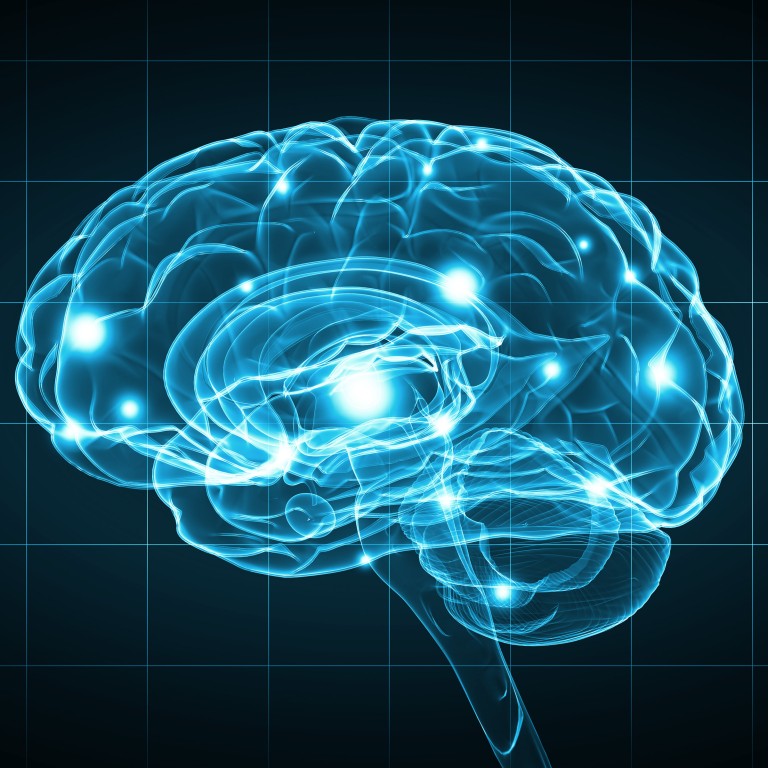
Human brain gene improves learning and memory skills of mice, study finds
- Research could provide insight into how brain develops and potentially into treatment for intellectual disability, Chinese team says
- They found the genetically altered animals had more neural stem cells during neural development and better neuron activity
Chinese scientists say they have introduced a human brain gene into mice, which resulted in improved learning and memory skills in behavioural tests.
The study could provide insight into how the brain develops and potentially into treatment for intellectual disability, according to the research team from the State Key Laboratory of Stem Cell and Reproductive Biology at the Chinese Academy of Sciences’ Institute of Zoology in Beijing.
Their findings were published in the peer-reviewed journal Cell Discovery on November 22.
The team, led by Professor Jiao Jianwei, said they had been looking at the connection between human intelligence and the structure of the brain.
They were particularly focused on the cortex – or outer layer – of the brain. It plays an important role in consciousness and is believed to contribute to higher cognitive functioning such as attention, thought, perception and episodic memory.
Its many folds have given humans and many “higher mammals” the intelligence to cope with more complex issues. The wrinkled cortex can contain billions of neurons in a limited cranial space, and these can form large-scale neural circuits that increase intelligence.
Cortical folding is regarded as key to brain development, but the molecular and cellular mechanisms of this process have remained unclear.
Jiao’s team wanted to find out more after their previous research identified the human gene SERPINA3 as a potential candidate associated with cortical expansion.
Chinese brain study finds evolutionary clue to staying sharp in old age
Using this human gene, they created mice using gene-editing technology. The gene successfully expressed and was translated into protein in the neural cells of the mice.
The researchers found that an overexpression of SERPINA3 protein had increased the number of neural stem cells in the animals’ brains during neural development. According to the paper, single-cell sequencing analysis of the cerebral cortex also indicated better neuron activity.
Behavioural tests – measuring spatial learning and memory – also showed enhanced cognitive skills in the genetically altered mice, with improved working memory and learning ability.
“The result shows the overexpression of SERPINA3 in mice induced cortical development and improved cognitive abilities,” Jiao said in the paper. “Further, SERPINA3 increased the number of neurons.”
Fast-acting treatment for depression shows promise in mice, Chinese study finds
The researchers noted that further research was needed but said the results of the study indicated that the human gene was linked to the formation of the cortex folds.
“Our work could provide a better understanding of human cortical folding and cognitive development. It will enrich the understanding of neocortical expansion and provide insights into possible treatments for intellectual disability,” Jiao said in the paper.
“Several questions still need to be further explored. We will provide more direct evidence in neural science to show that the improvement in cognition resulted from cortical folding. And provide a better model that describes the exact neural circuit changes in mice.”

